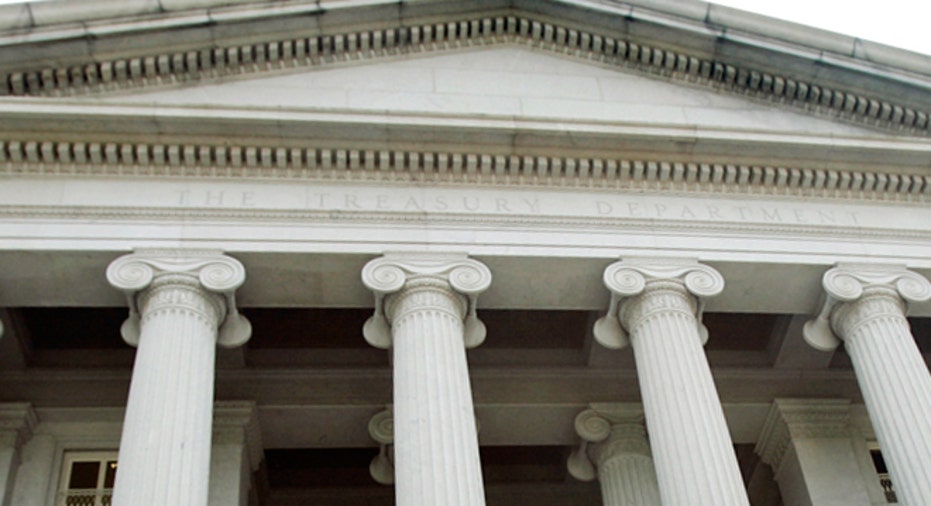Treasury Department Takes Aim at Corporate Inversions

The U.S. Treasury Department said late Monday it will crack down on techniques by some American companies seeking to reduce their tax burdens by moving their headquarters overseas.
The move comes after a heavy M&A cycle this year in which several U.S. firms have acquired foreign companies, and sometimes restructured their organizations to move parts or all of the business overseas, a process known as inversion.
“These transactions erode the U.S. tax base, unfairly placing a larger burden on all other taxpayers, including small businesses and hardworking Americans,” Treasury said in a statement Monday.
The statement went on to say the regulator encourages “genuine” cross-border mergers that help bolster the U.S. economy and enable American companies to operate in foreign nations, but it draws a line when the move comes down to tax-benefit purposes.
In an effort to keep American business in the U.S., Treasury Secretary Jack Lew, in prepared remarks, referred to a framework for business tax reform the president outlined two years ago, and a plan in Congress that aims to cut down on inversion efforts. He said a more comprehensive approach to curbing the action is more favorable, but said the department could not wait to address the problem, and will continue to look for ways to close, what he refers to as, inversion loopholes.
“These first, targeted steps make substantial progress in constraining the creative techniques used to avoid U.S. taxes, both in terms of meaningfully reducing the economic benefits of invesions after the fact, and when possible, stopping them altogether,” he said.
Heavy Deal Flow
The controversial move by Treasury comes at a time when M&A volume has been steadily on the rise, with more than $100 billion of transactions completed in the current quarter, and with the fourth-quarter moving average of completed transactions at the highest point since the financial crises, according to Barclays.
But the spotlight has shone brighter on the activity -- and what the underlying meaning might be -- after many big-name mergers including a recent deal between Burger King (NYSE:BKW) and Canada coffee-and-pastry giant Tim Hortons. The merger created a buzz on Wall Street as many speculated the American fast-food chain would move its corporate headquarters across the border into Canada in an effort to reduce its U.S. tax bill. But days after the $11 billion transaction was signed, Burger King reassured its domestic customers it would keep its HQ in Miami, Fl. Other high-profile mergers include the thwarted deal between America’s Pfizer (NYSE:PFE) and London-based AstraZeneca (NYSE:AZN), and a long awaited deal between pharmaceutical companies Shire (NADAQ:SHPG) and AbbVie (NYSE:ABBV).
But the surge in attention to and conversation around the deal-making raised red flags for regulators. Treasury said Monday’s action is aimed at making it more difficult for inverted companies to evade U.S. taxes, but also make it difficult to invert altogether by bolstering requirements for former owners of an American company to own less than an 80% stake in the combined entity.
“For some companies considering mergers, today’s action will mean that inversions no longer make economic sense,” the department said in a statement.
Utah Republican and Senate ranking member Orrin Hatch said in a statement following Treasury’s announcement the move by the department only underscores the need for comprehensive tax reform.
“America’s tax system is broken to the point that it’s putting our nation at a competitive disadvantage around the globe,” he said. “It’s a very real problem that would best be resolved through a comprehensive overhaul of the tax code that includes dropping the corporate tax rate to 25%.”
Putting some fears to rest for firms that have already completed the deal making process, Treasury added the increased scrutiny would only apply to deals closed Monday or later.



















